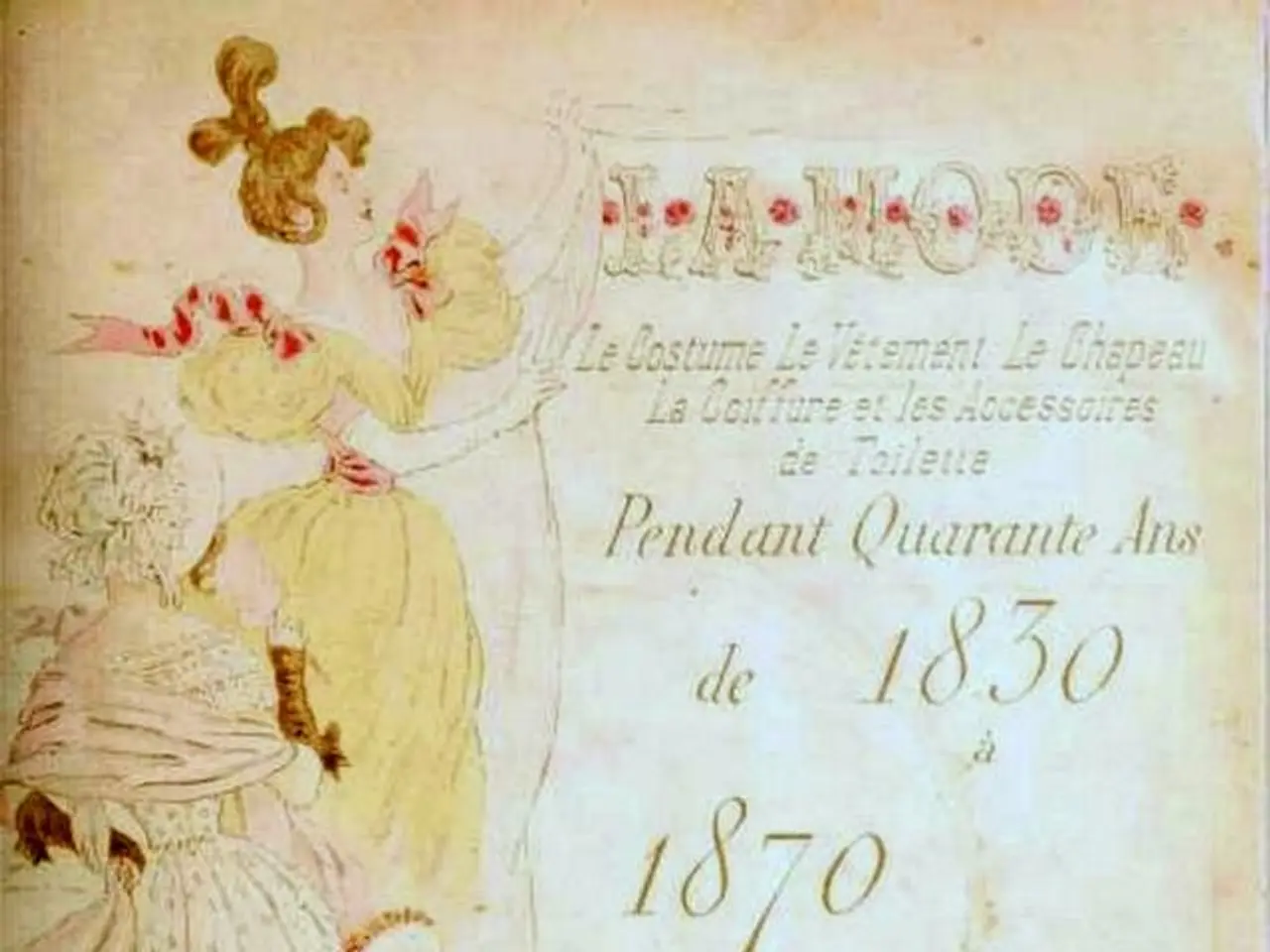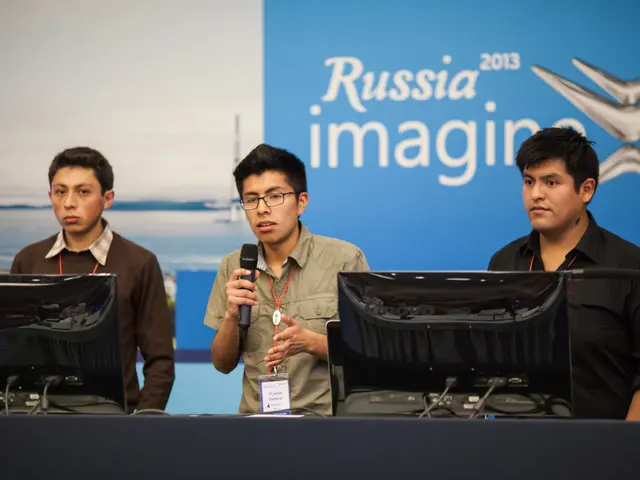Jordanian Monarch Advocating Female Empowerment: Queen Alia
Queen Alia of Jordan, born on December 25, 1948, in Cairo, Egypt, to a Jordanian diplomat and a woman of Turkish descent, developed a keen interest in social causes and women's rights early on. This interest was nurtured by her multicultural upbringing and exposure to various languages and traditions.
In 1972, Queen Alia married King Hussein of Jordan, a pivotal moment in her life that symbolised a commitment to progress and stability in the region. Her marriage provided her a unique platform to champion causes close to her heart, including initiatives focused on enhancing the status of women in Jordanian society.
Throughout her life, Queen Alia dedicated herself to humanitarian efforts, working with organisations that supported refugees and marginalised communities. She collaborated with international organisations such as the United Nations (UN) and various humanitarian NGOs to pursue her humanitarian goals and support the Middle East.
One of Queen Alia's most significant contributions was her emphasis on education as a cornerstone of women's empowerment. She recognised the transformative power of education in breaking barriers and fostering a culture of empowerment among girls. Her efforts in promoting education extended beyond mere rhetoric, as she actively supported the establishment of schools and educational programs tailored to meet the specific needs of female students.
By spearheading initiatives that provided support and resources to marginalised women, Queen Alia fostered a culture of empowerment and resilience among her people. She established social programs, such as vocational training centers and health programs, to improve the lives of women and children in Jordan.
Queen Alia's commitment to social welfare extended to initiatives that aimed at improving the living conditions of underprivileged communities, with a particular focus on women-headed households. Her dedication to women's empowerment transformed the lives of women in Jordan and inspired a global movement towards gender equality.
Through her advocacy work and philanthropic endeavours, Queen Alia left a lasting legacy that continues to shape initiatives aimed at promoting social justice, gender equality, and human rights. Her global impact resonated with audiences worldwide, inspiring others to take action in support of humanitarian causes.
Queen Alia encouraged community involvement in promoting women's rights, emphasising the importance of grassroots activism. By prioritising education as a cornerstone of women's empowerment, Queen Alia planted seeds of progress that continue to bear fruit in Jordan and beyond, inspiring future generations to pursue knowledge and drive positive transformation.
Queen Alia's legacy as a passionate advocate for women's empowerment transcends geographical boundaries and resonates with individuals around the world. Her tireless efforts in establishing social programs exemplified her dedication to advancing women's empowerment and fostering an environment where women could thrive and contribute meaningfully to society.







